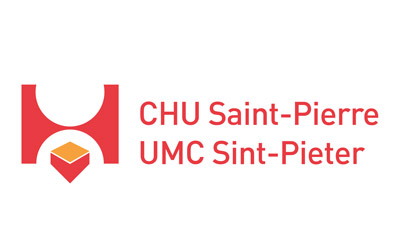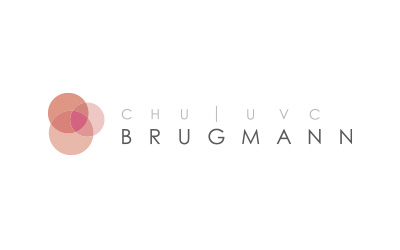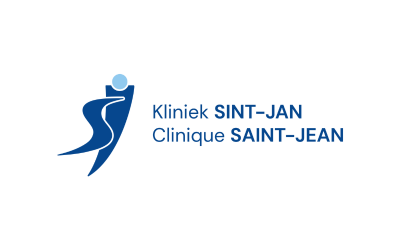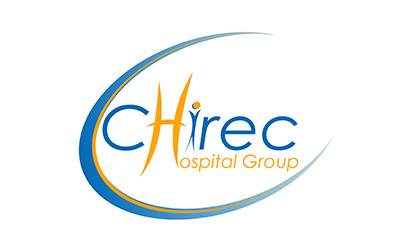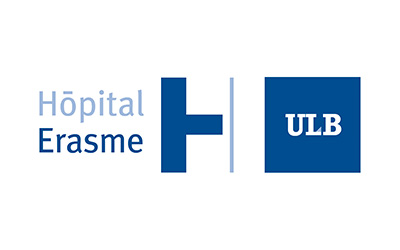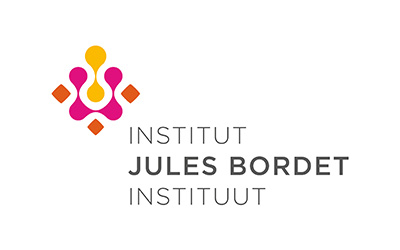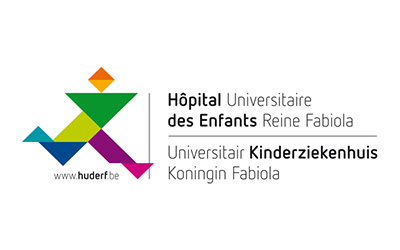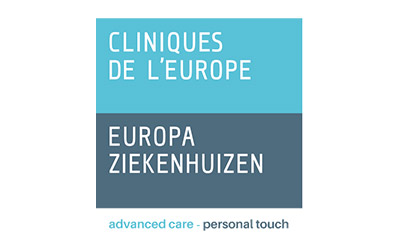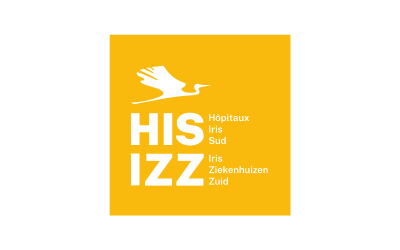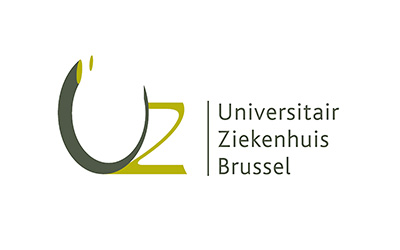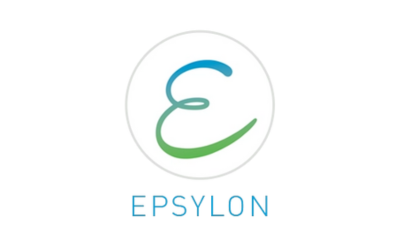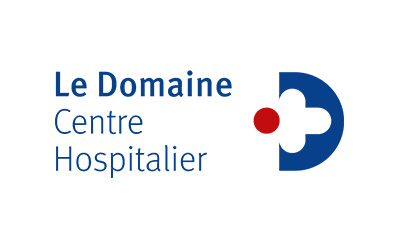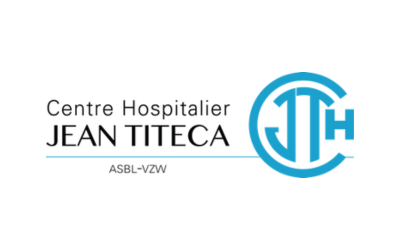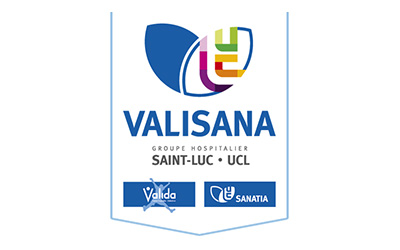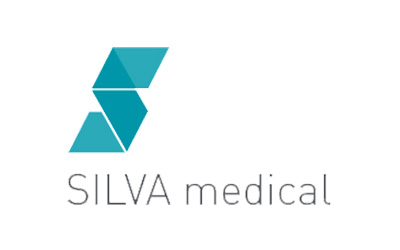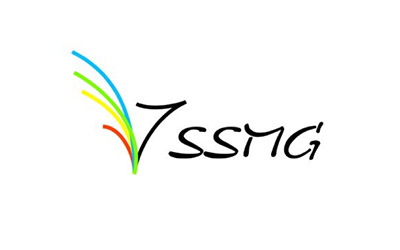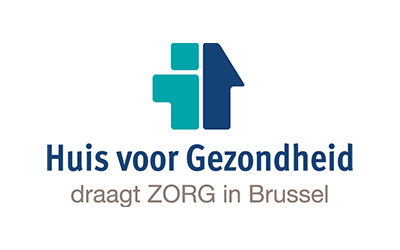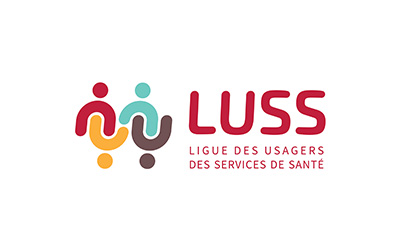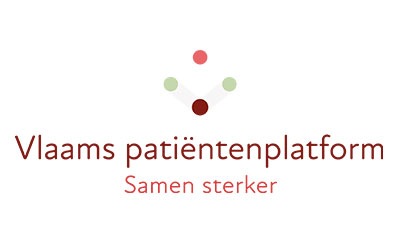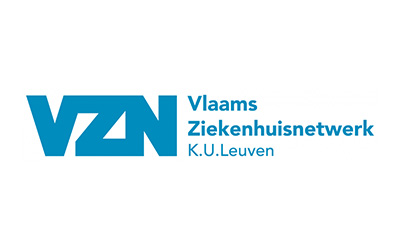
My rights
I’m enquiring
What rights do I have as a patient?
Patient rights are defined by the law of August 22, 2002, relating to patients’ rights, which sets out seven main provisions:
-
To receive quality care;
-
To freely choose my healthcare professional;
-
To be informed about my health condition;
-
To give my informed consent to any healthcare service;
-
To have access to an up-to-date medical record, with the possibility to consult it and obtain a copy;
-
To benefit from protection of my privacy;
-
To file a complaint with a mediation service.
Right to withdraw your consent
You can withdraw your consent at any time:
-
By logging into your patient portal (under the “Consent” tab)
-
By completing the unsubscribe PDF form
-
Or by requesting it from your doctor, mutual insurance fund, or hospital admissions service
If you withdraw your consent, neither you nor any healthcare provider will have access to the documents shared via health networks.
You will not receive any official document upon unsubscribing.
Right to object
Every individual has the right to object to the processing of data concerning them. However, this right to object does not mean the right to permanent deletion of information. For example, the patient can refuse the sharing of certain information about them on eHealth networks. In that case, the practitioner must inform the patient that this information will not be shared but must still be kept in their local file. Furthermore, to protect themselves, the practitioner must have the patient sign a document and keep a copy as written proof of the patient’s final objection.
Right to rectification
This right allows every patient to ask the practitioner, as the data controller, to modify incomplete or incorrect information about them (for example, to avoid publishing or sharing incorrect patient information). This right cannot compromise the obligation to maintain the integrity of the medical record. Often, requests to modify administrative data (address, trusted person, etc.) are granted, but health data changes are very rarely accepted. NOTE: If information is modified, the practitioner must inform all third parties with whom the information was previously shared.
Right to delisting (dereferencing)
The patient has the right to request the delisting of an existing document from one of Belgium’s eHealth networks. The document in question will not be deleted from the original medical file but will no longer be visible on the networks.
In other words, the document remains stored in the database from which it was originally shared.
Right to consult your shared documents
Under the 10th action point of the federal eHealth plan, patients can now access and read the content of their shared health record.
Hospital medical software settings (Electronic Patient Record – EPR) allow adjustment of access modes (immediate, delayed, or no access) depending on the different types of documents shared on health networks electronically.
Some documents, especially those from hospitals, have a special status because they require the presence of a treating physician to reveal the content to the patient under optimal conditions.
These documents may have the status “release by treating physician.” Ask your doctor to release your documents as soon as they have informed you of the content of your hospital report. They must do this manually for each document via their secure web portal.
The medical management of each care institution decides on its own publication and patient access rules.
Right to see who accessed your data
All access to your data is logged. The Brussels Health Network allows you to verify at any time who accessed which data and when. Only healthcare professionals with whom you have a therapeutic relationship—that is, those treating you for quality and continuity of care—have access to your medical data. This includes, for example, your general practitioner or specialist, pharmacist, physiotherapist, nurse, midwife, dentist, paramedic.
You may not personally know all these people, especially if you are cared for by a hospital team.
This means that occupational doctors, mutual insurance doctors, or insurance company doctors do not have access to your data.
In case of abusive access
According to Article 458 of the Penal Code, accessing a document without authorization is prosecutable.
If you notice abusive access to one of your health documents, you can:
-
Contact the healthcare provider concerned directly to understand the reason for their access. If contacting the provider directly seems difficult, address the hospital’s ombudsperson where this provider works.
-
Contact us at: dpo@abrumet.be
Right to decide access to your documents
You can manage access to each of your listed documents by clicking on the small gear icon at the end of the line.
Right to modify your therapeutic links
A “therapeutic link” is created when there is contact between a patient and a healthcare professional in a care relationship.
This link is created directly by the healthcare provider via their software during your consultation. If you wish, you can manage these links via the Brussels Health Network platform.
From the moment you delete a therapeutic link, the healthcare professional no longer has access to your data via the health networks. If you want to permanently deny access, you must exclude them.
PDF form to create a therapeutic link.
Right to exclude a healthcare provider
For personal reasons, you may decide to block access to your shared health record for a specific healthcare provider.
This prohibition remains valid as long as you do not reinstate this right. You can perform this operation directly on the Brussels Health Network platform.
-
Log in to the Brussels Health Network by clicking the “Patient Login” button
-
Authenticate using itsme or your eID card
-
Click on the “Care Team” tab
-
Click on the “Exclude a professional” button
-
Choose the provider’s profession
-
Enter the name of the provider you want to exclude (wait for the dropdown list to select)
Right to register a trusted person
A trusted person is someone you designate to assist you in exercising your rights as a patient. This person cannot make decisions on your behalf but will assist and advise you if necessary.
This person can be a family member, a friend, or any other person you choose to support you—for example, to obtain information about your health, consult your health record, etc.
The Brussels Health Network allows you to designate a trusted person of your choice.
Partners
The Brussels Health Network brings together all public and private Brussels hospitals as well as the French and Dutch speaking associations of general practitioners in Brussels (FAMGB and BHAK). We are the ideal partner for any project related to e-health in the Brussels region.
